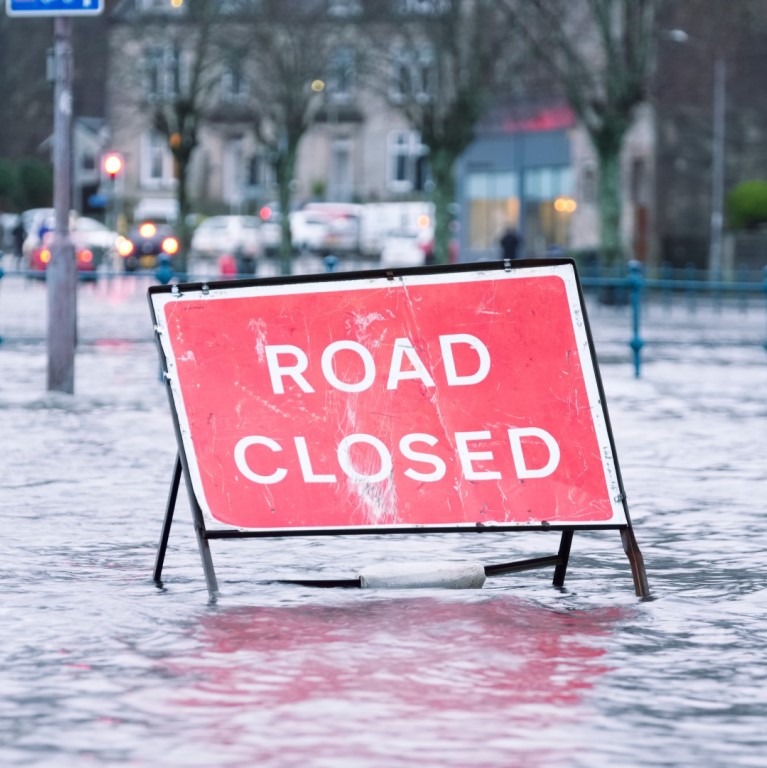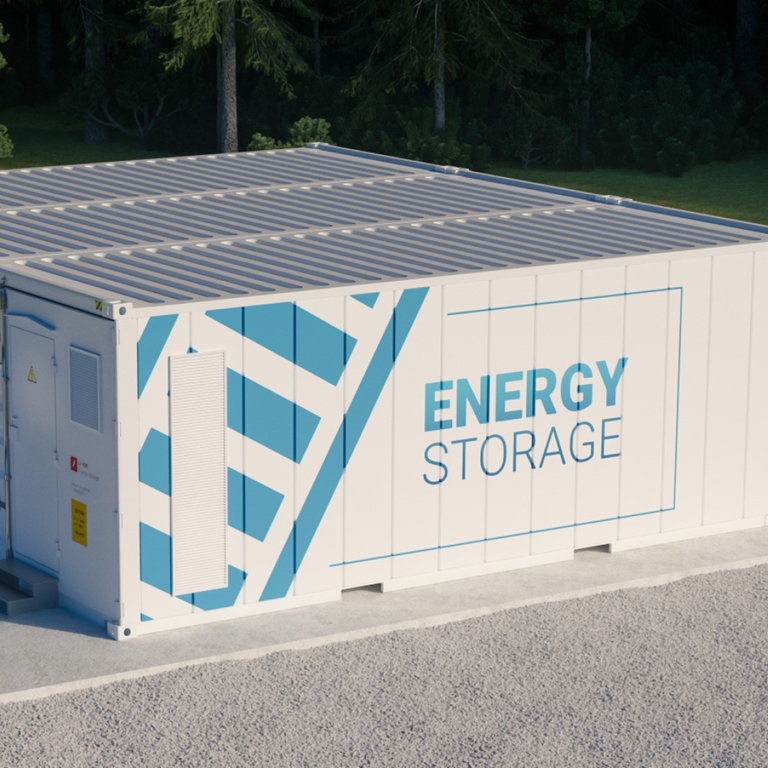Builders of Great Britain, we're ready to buckle down and get to work with you
By taking out a latent defects insurance policy and engaging with the right broker to get competitive cover, you can spend more time on what matters most. What are you looking for in your insurance partner?
Big enough to keep you safe. As part of Marsh & McLennan Companies, we’re a family with over 35,000 colleagues operating in more than 130 countries.
Small enough to care. A proud UK community broker with a local branch network the length of the country. Join a family of over 19,000 construction clients who have been supported by our 25+ years' involvement in the construction insurance industry.
If you need us on site at 7am, we’ll meet you there.
Get in touch with a construction insurance expert
What does a latent defects insurance policy cover?
- Structural defects
- Ingress of water (excluded for the first 12 months)
- Threat of imminent collapse requiring remedial works to prevent damage caused by a defect in design, materials or workmanship
In the event of a structural claim, additional areas of construction insurance cover can include:
- The costs of demolition to allow rebuilding
- The cost of providing alternative accommodation during the period of the reconstruction or repair.
- Loss of rent/loss of gross profit or revenue/increased cost of working from alternative premises
- Damage to mechanical and electrical services
- Mechanical and/or component failure
The policy is generally available for a period of 10 to 12 years from the date of issue of final certificate of practical completion and is assignable to future owners/tenants/funders. Speak to an expert today to discuss further.
Frequently asked questions
Contract works insurance protects your ongoing works on a project site. In the event of an unforeseen incident - such as a fire or flood - this cover means the work you are legally responsible for completing can be reinstated to the same stage before the damage occurred.
General liability refers to public liability cover. This cover protects if your client or a member of the public suffers an accidental injury or accidental property damage resulting from your work. It's not a legal requirement to have public liability. However, this insurance will cover legal defence costs and compensation costs should you find yourself facing a claim against you.
Yes. This cover provides insurance protection to repair/replace damaged property even if the contractors and/or professional team are no longer trading.
The idea behind the cover is to protect items and works in progress that belong to you, or for which you are legally responsible.
A 'contractors all risk' insurance policy typically includes cover for:
- contract works
- hired in plant
- tools
- employees' tools
- your own tools and plant.
You can select suitable covers for your business. If you're not sure, always refer to your insurance adviser, who will recommend which cover your business needs.
There are a variety of covers available in the insurance market, and trying to determine what you need can be tricky and at times confusing. Legally speaking contractors with employees will need to have Employers Liability in place to operate. It is recommended that you have Public Liability cover in place, and if carrying out any work that includes professional advice, then Professional Indemnity cover as well. Some contracts (with local councils for example), may also be subject to having specific levels of indemnity especially for Public Liability and Professional Indemnity. Other insurance considerations might include; Tools cover, Hired in Plant (if not covered elsewhere), plus Contract Works, Directors and Officers insurance, Legal Expenses, and Buildings and Contents for any premises you may have.
Contractors are experts in specific fields, and with this responsibility comes exposure to risks. If you are found responsible for delivering inadequate advice or services that result in a financial loss to your client, contractor professional indemnity insurance (PII) for contractors will offer protection, should compensation be payable. PII It will also cover any legal costs incurred while defending the claim.
Although we recommend purchasing cover prior to the commencement of the construction project, some insurers are willing to provide cover on partially completed and/or completed structures. However, premiums will be higher.
Our renewable energy team has a wealth of experience in negotiating competitive insurance and risk management solutions for renewable energy construction projects. We can help with construction projects in the following renewable energy sectors:
- Biomass systems
- Anaerobic digestion and biogas
- Hydro facilities
- Geothermal
- Battery energy storage systems (BESS)
- Combined Heat and Power Units
- Solar panel farms (roof and ground mounted)
- Wind farms (on-shore and off-shore)
- Waste to energy
- Electric vehicle charging points
- Transport
As well as public liability and professional indemnity insurance, as previously explained, you may need employers liability insurance if you employ staff. This insurance is a legal requirement for limited companies and covers your if an employee is killed or injured as a result of their work.
Accidents happen; every day, your business is exposed to risks that may cause injury to the public, your customers and anyone visiting your site, as well as property damage. You need to protect yourself against third-party claims arising from these situations. Public liability insurance will cover legal defence costs and compensation costs should you find yourself facing a claim against you.
Amongst the dangers you face are falling tools or masonry that could potentially cause harm to people or damage to vehicles, accidentally drilling through water pipes causing major damage, and furniture or flooring becoming damaged or stained due to heavy equipment or corrosive materials. Our builders insurance policy will offer protection for:
- your vehicles and plant - including the items you hire or loan in or out
- loss or damage to your property, contract works, and materials on site
- timber-framed properties in the course of construction.
An OCIP approach allows the owner to take a proactive view on the risks and the availability of mitigation solutions, including insurance. Other insurance products you might consider will vary depending on the location and the nature of the project. They might include:
- Rights of light cover.
- Latent defects cover.
- Contingency covers including chancel liability, defective title and restrictive covenant.
- Environmental impairment liability.
- Marine cargo/transit insurance.


